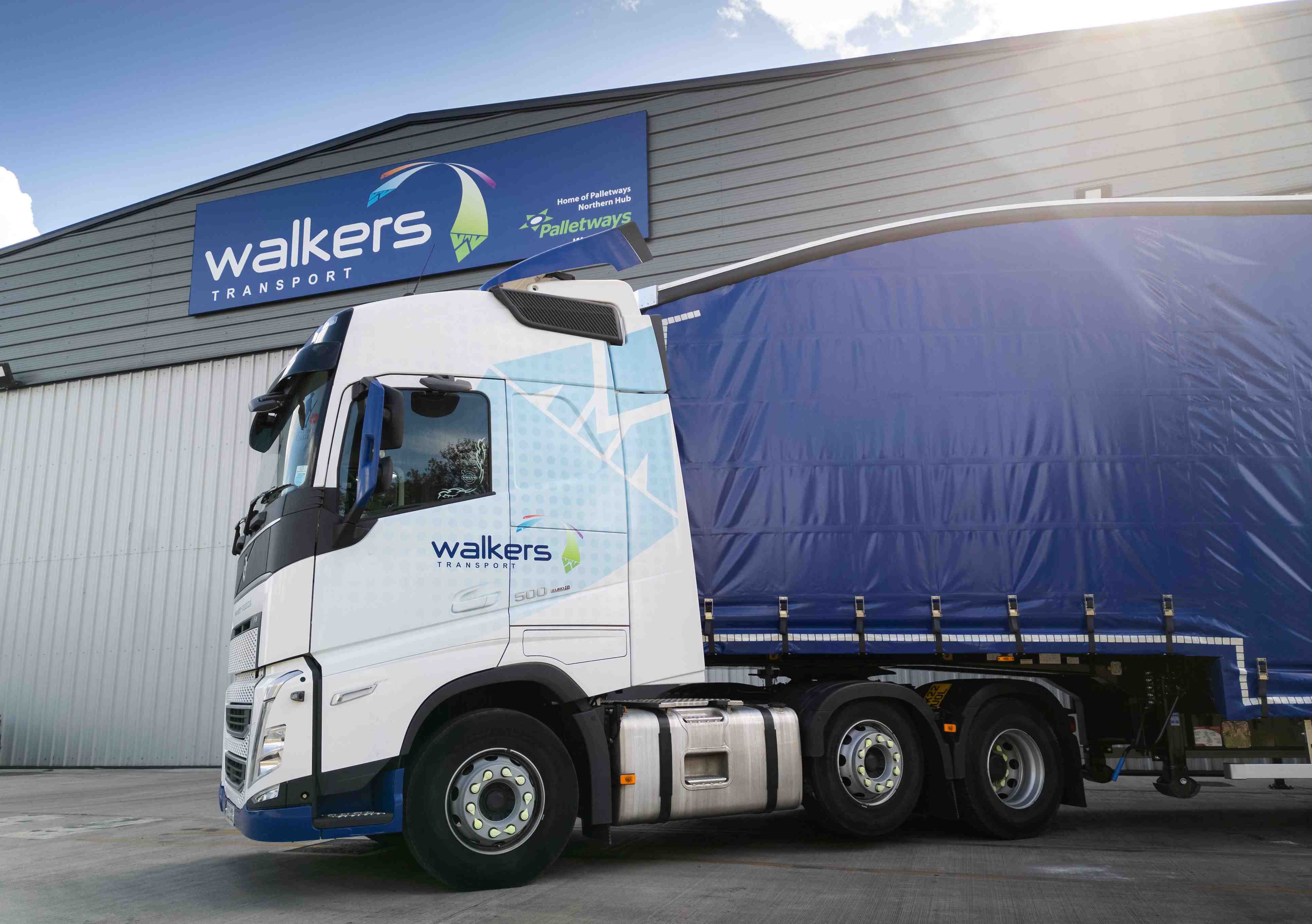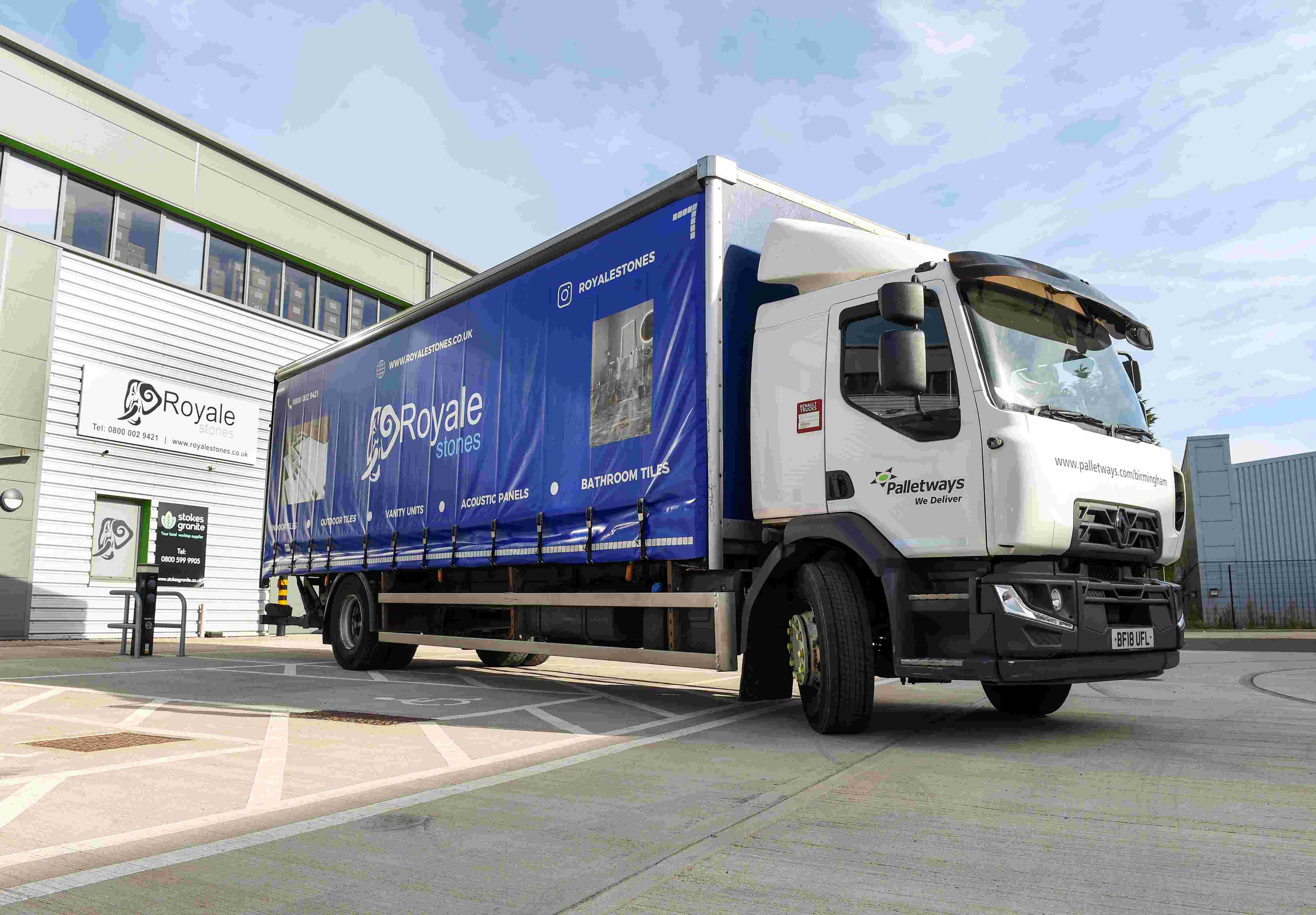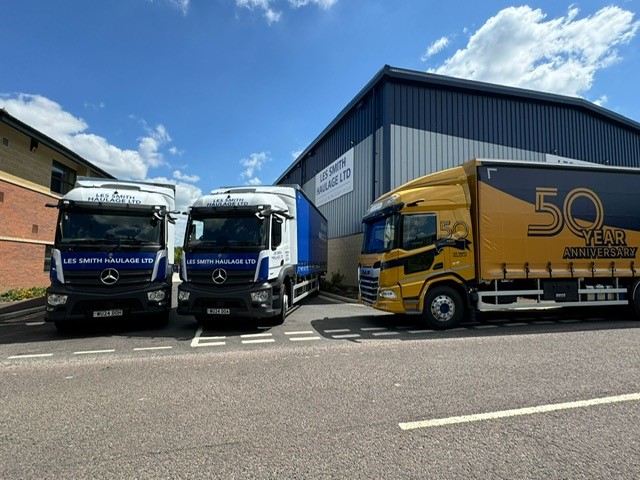Warwick Trimble, network director for Palletways UK, talks about the benefits of pallet networks.
The network sector surpassing the 30 million pallets mark in 2021, with 13.2% growth against 2020 is just one of the many reasons why independent hauliers have considered joining a network this last year.
While numerous transport firms have collapsed over recent months after struggling to overcome a host of economic challenges following Brexit, COVID-19 and more recently, soaring fuel costs, others have harnessed the pallet network model to help them stay afloat. Palletways UK welcomed close-on 30 new members during the pandemic and it has recently welcomed several parcel firms that have joined the pallet freight movement.
Independent hauliers who are looking to maximise revenues in 2023 and beyond are urged to consider joining a palletised freight network. Warwick Trimble, network director for Palletways UK, offers his view on the top benefits associated with pallet networks:
1. Prospects in new markets, higher revenues and quality clients:
By joining a pallet network, independent hauliers are no longer a ‘small fish in a big pond’, and they can utilise the membership of a pallet network to compete against the industry's more prominent names. A pallet network provides opportunities to be part of a company of scale, turning them from a regional player into one with sufficient backing to facilitate shipping on a national and international scale and, importantly, help them thrive financially alongside that of the network.
Within the context of a cost of living crisis, access to a broader base of customers and pallet movements provides both commercial safety and opportunities.
2. A cleaner, greener operating model:
The need for transport firms to demonstrate a commitment to tackle climate change is no longer a ‘nice to have’. Increasingly, customers and consumers are likely to give their business to a firm with a commitment to reduce their carbon footprint by whatever means available. Pallet networks use a regional hub model to cut down on trunk distances and fuel use. By joining a pallet network, hauliers can reduce their carbon emissions and help themselves tackle logistics challenges of local authority policies, like Clean Air Zones.
According to the APN, using a pallet network can help take 800 trucks off the road every day.
3. Access to IT and technology:
Pallet networks provide instant access to technology to help independent hauliers maximise the efficiency of their operations. Significant, world-first innovations such as the launch of Palletways ID, through to invoices upon delivery and ETA software, would be complex, not to mention costly - for individual hauliers to develop and adapt to customer demands.
To respond to consumer behaviour and economic pressures, technology in any business operation needs to be agile and adaptable. That’s before systems take into consideration the software updates frequently required to keep up with the digitalised world we live in.
Pallet networks response time to updates and changes in technology is much quicker than independent hauliers, meaning hauliers can concentrate on where their specialism lies – moving pallets and delivering goods.
4. Knowledge sharing and transfer:
Networks cover various specialisms, including logistics planning, HR, operational advice, and marketing support. In an era where supply chain best-practice changes are so rapid, there is ‘safety in numbers’ to help mitigate the risk of being left behind.
5. Opening-up to B2C:
The APN reported that 2021 saw 1-in-6 pallets being delivered by APN members were to residential addresses. In our case, our industry-first Pallets to Consumers (P2C) service, specifically for home deliveries, presents an opportunity for members to broaden their marketplace. There is no need for significant haulier investment and business planning – it allows them to plug into existing infrastructure.
More News









